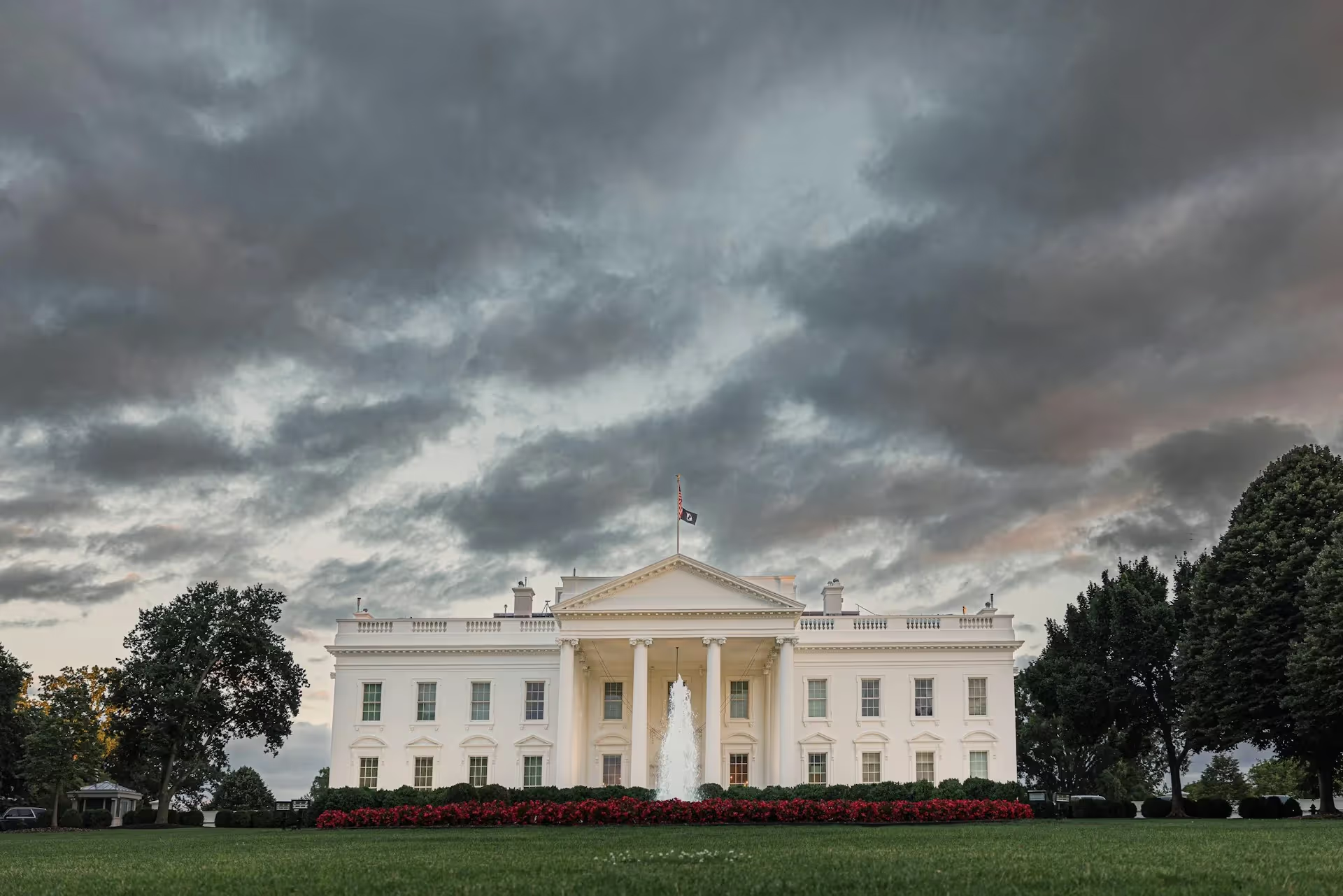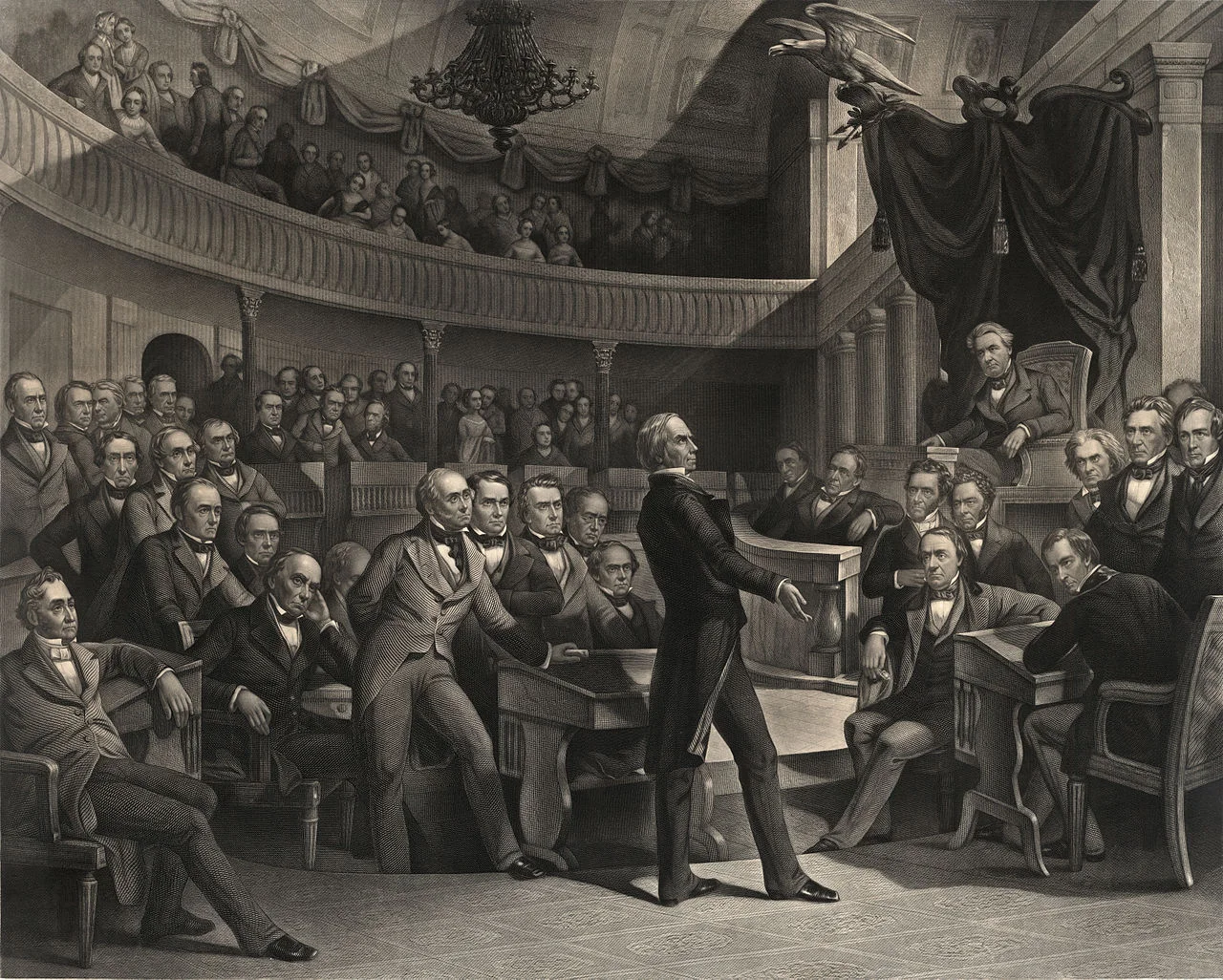
What’s Wrong with a Military Campaign Against the Drug Trade
Trump’s boat strikes against the cartels risk crossing the line between law enforcement and war.
President Donald Trump announced Friday that the United States had destroyed a drug-running boat in South American waters, the third attack in as many weeks. The attack followed two others against suspected drug-smuggling vessels operated by Venezuelan cartels.
Get first-person illustrated stories about how work is changing
These attacks risk crossing the line between crime-fighting and war. The Trump administration is right that illicit drugs are inflicting more harm on the U.S. than most armed conflicts have. More than 800,000 Americans have died of opioid overdoses since 1999. Drug-caused deaths remain at historic highs, with an estimated 76,000 perishing from fentanyl in 2023 alone (though this figure dropped to 48,000 last year), far outpacing American personnel killed in recent wars, such as Iraq (4,418), Afghanistan (2,349), and even Vietnam (58,220) and Korea (36,574).
But the U.S. cannot wage war against any source of harm to Americans. Americans have died in car wrecks at an annual rate of about 40,000 in recent years; the nation does not wage war on auto companies. American law instead relies upon the criminal justice or civil tort systems to respond to broad, persistent social harms. In war, nations use extraordinary powers against other nations to prevent future attacks on their citizens and territory. Our military and intelligence agents seek to prevent foreign attacks that might happen in the future, not to punish past conduct. To perform that anticipatory and protective function, we accept that our military and intelligence forces must act on probabilities, not certainties, to prevent threats that might never be realized.
Constitutionalism

Amicus Brief: Hon. William P. Barr and Hon. Michael B. Mukasey in Support of Petitioners
Former AGs Barr and Mukasey Cite Civitas in a SCOTUS Brief

Rational Judicial Review: Constitutions as Power-sharing Agreements, Secession, and the Problem of Dred Scott
Judicial review and originalism serve as valuable commitment mechanisms to enforce future compliance with a political bargain.

Supreme Court showdown exposes shaky case against birthright citizenship
Supreme Court will hear challenges to Trump's order ending birthright citizenship, testing the 14th Amendment's guarantee for babies born in America.

Charles Sumner’s Harmony with the Declaration
Sumner used the Declaration to increase the Constitution’s pursuit of forming a more perfect union.

Men and Women: Equal but Beautifully Distinct
Powerful interests are being served, but they are not those of young women competing in adolescent sports, or the larger need of our society to know that its words, laws, and public speech conform to the reality that we did not summon into being.


.avif)










.avif)



